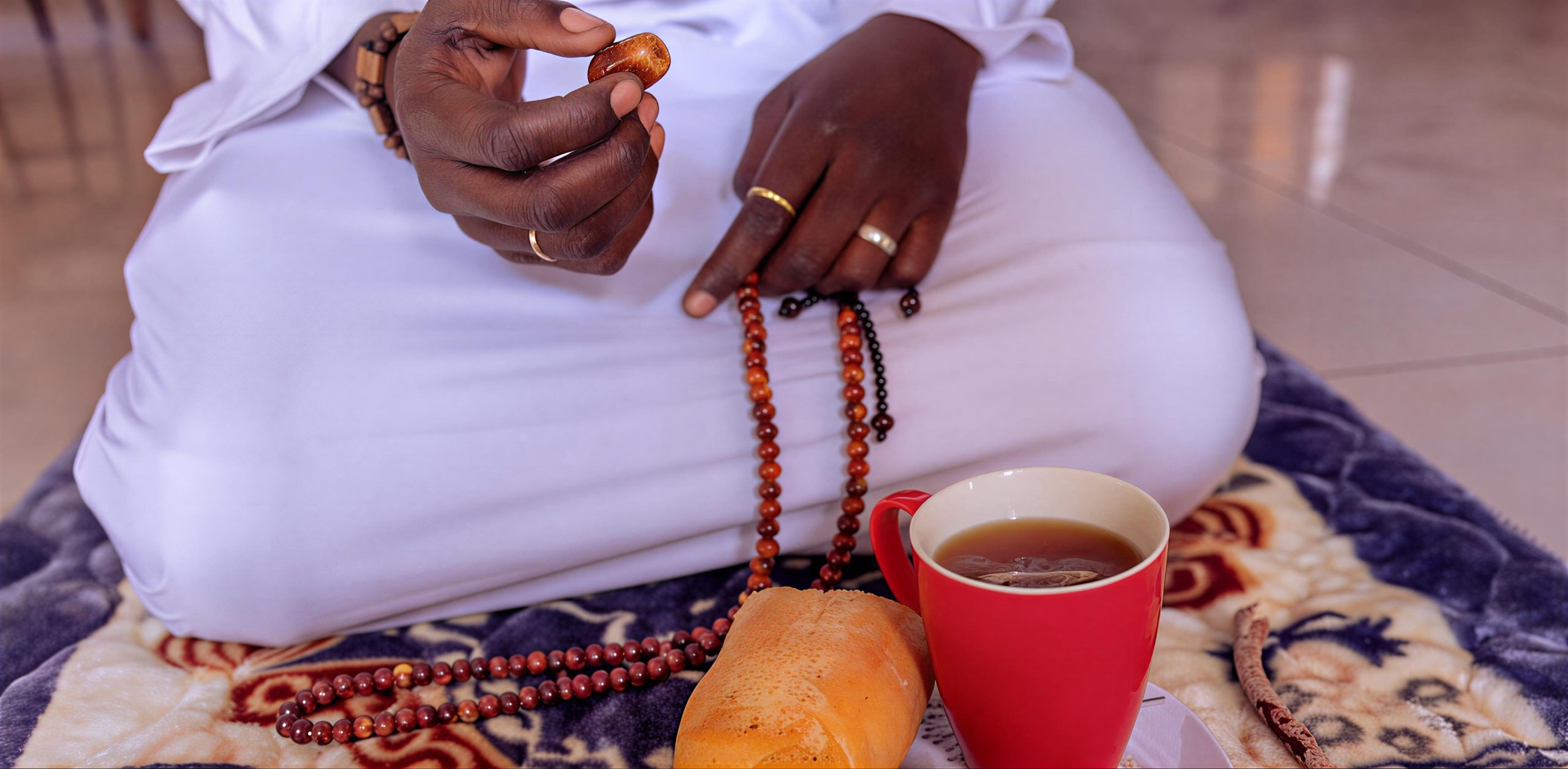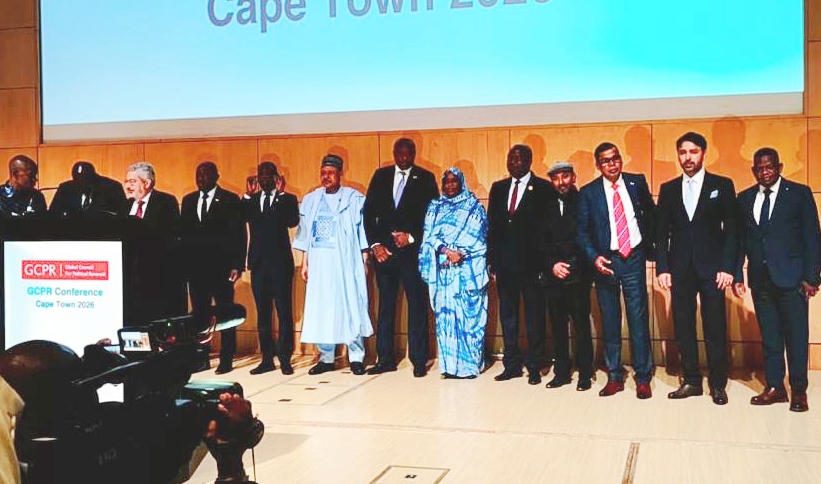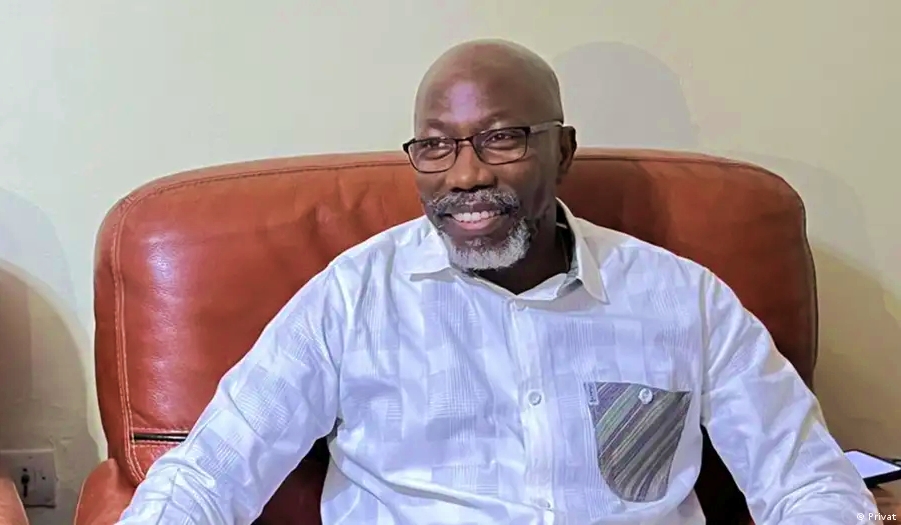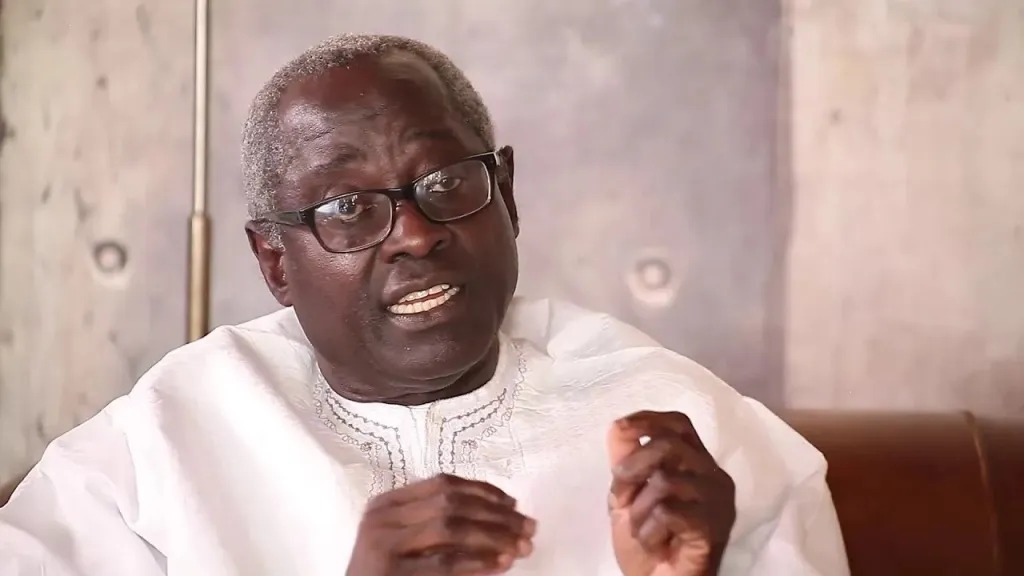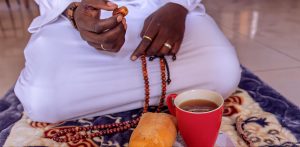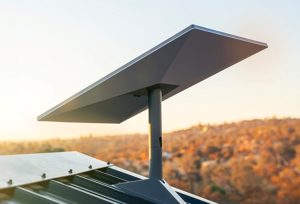Gambiaj.com – (Churchillstown, The Gambia) – Halifa Sallah, Secretary General of the People’s Democratic Organization for Independence and Socialism (PDOIS), has reiterated his party’s long-standing call for systemic change in the Gambia, urging that the nation’s development challenges require a shift in governance and resource management.
Addressing the media at PDOIS headquarters in Churchillstown, Sallah highlighted his party’s vision for a more equitable society, where “power resides with the people” and fundamental needs are met.
For over 30 years, PDOIS has been advocating for socialist reforms in the Gambia, yet, despite their continued efforts, the electorate has repeatedly chosen not to grant them governance. Sallah expressed that while the 2016 political transition initially inspired hope, it ultimately left many Gambians disillusioned. “We are convinced that the people are not satisfied with the change that took place in 2016 and its aftermath,” Sallah remarked. “Since they are not satisfied, it is for them to tell us why and what type of Gambia they want.”
To facilitate this dialogue, Sallah announced an upcoming nationwide tour aimed at engaging Gambians on their vision for the country’s future. “We are ready to move faster in leadership, to engage in a countrywide tour, starting from the 20th of October up to the 31st,” he said. This tour, which he calls the “final phase,” will include meetings with PDOIS members, regional leaders, and citizens to foster a national conversation on the direction of the nation.
Although Sallah retired from electoral politics in 2022, he remains committed to shaping a Gambia that offers equal opportunity and sustenance for all. He emphasized that the foundations of civilization – food, water, and security – must be accessible to all citizens if the nation is to thrive. “Any people that cannot provide that to a people cannot possibly live on the face of this earth in prosperity,” he warned.
In discussing solutions, Sallah asserted that Gambia possesses the natural resources necessary to build a strong economy, beginning with agriculture. He suggested establishing a cooperative bank to provide farmers with seeds, fertilizer, and equipment to boost local rice production, noting the country’s 550,000 hectares of arable land.
Beyond agriculture, he emphasized the importance of developing all production sectors, including industry and services, to create a balanced and functional economy. “The economy can only work if all sectors of production work,” he said.
The question remains whether Gambians will embrace the socialist model that PDOIS promotes. Currently, the party holds just two seats in the National Assembly’s 58-seat chamber, underscoring the significant challenge PDOIS faces in gaining broader political influence.
As the tour approaches, Sallah’s engagement with the public aims to gauge whether Gambians are ready to support his party’s vision for a socialist society, promising an opportunity to “transform the narrative” for the country’s future.



